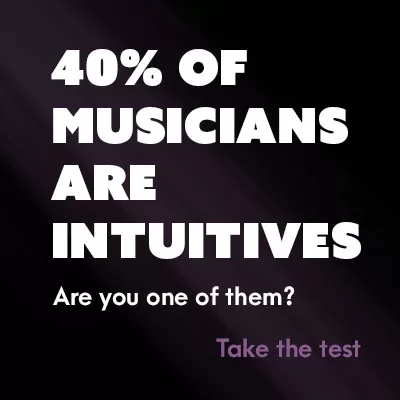Beyonce Knowles is a great example of an ESFP musician.
An ESFP’s primary function is extraverted sensing, which perceives sensory information in real-time.
Like ISFPs, INFPs and ENFPs, their primary way of evaluating information is based on how they feel about it internally. This can be very subjective and often results in artists of these types wanting to have control and being very hands-on.
ESFPs are often exceptional entertainers and many of them started performing in one way or another at a very early age.
I may be young but I’m ready.
Their extraverted sensation process gives them particularly good awareness of their surroundings and their bodies.
“I don’t use backing tapes when I am singing and dancing on stage. I can do cartwheels and sing.”
ESFPs are not known to be very intuitive or to be deep thinkers, but they typically have strong people skills and are often very caring individuals.
“On our tour, we met many of the children and families who are assisted by the funds raised through World Children’s Day. We really recorded this song for them and all of the people who stand up and help.”
ESFPs are especially well equipped to live in the moment. Dr. Dario Nardi at UCLA, who studies Myers Briggs in correlation with EEG technology, has discovered that people of this type show rapidly alternating brain activity that primes them to react and make adjustments quickly. He calls it the ‘tennis hop’, named after the way tennis players bounce from side to side so they can react appropriately to whatever the ball happens to be hit.
Overal ESFPs are often very present, spontaneous, caring and fun and can be some of the best performers of all types.













